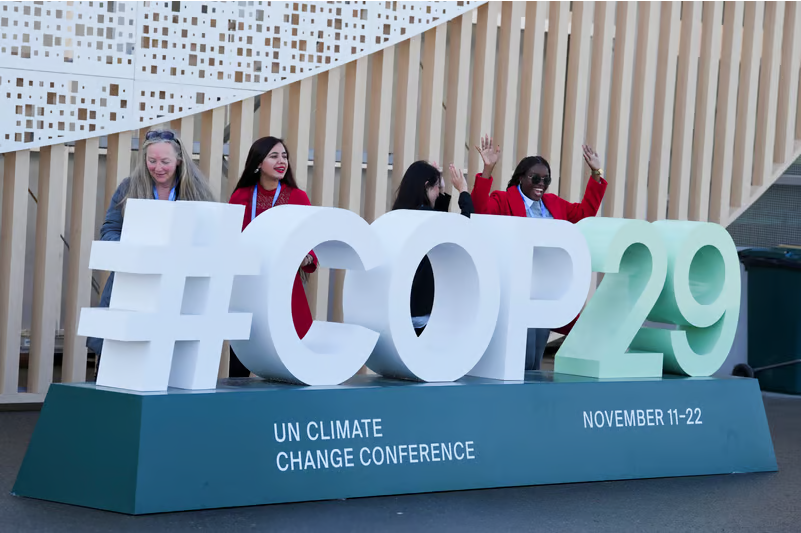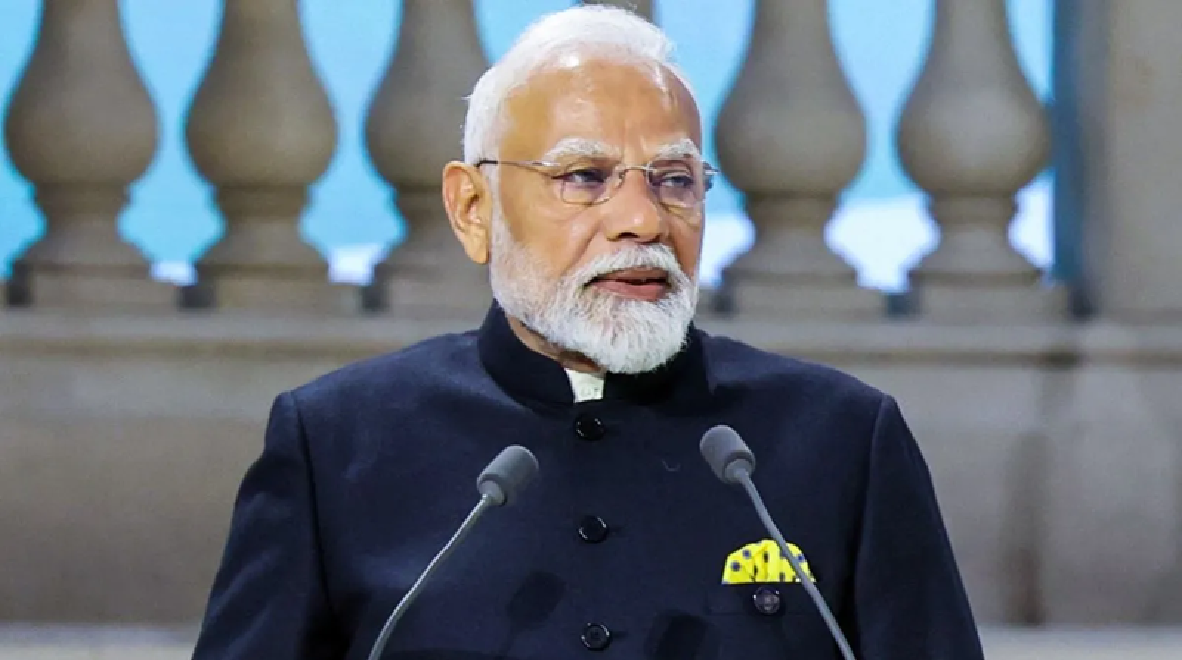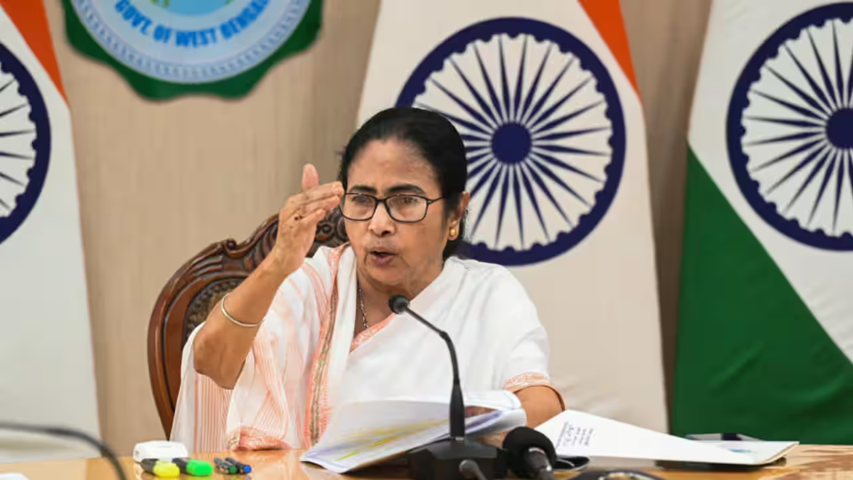
Unilateral trade measures in name of climate action 'discriminatory': India
PTI New Delhi: India on Friday said unilateral trade measures in the name of climate action are "discriminatory, harm multilateral cooperation" and go against the principles of the UN climate change convention. Making an intervention in the presidential consultations on 'unilateral measures' at COP29 in Baku, India said this is a matter of global concern that needs urgent consideration to ensure the development pathways of developing countries are not constricted. Other groups of developing countries, including the G77, the largest bloc representing over 130 nations at the UN climate talks, and Like-Minded Developing Countries also registered their strong opposition on the issue. However, developed countries, particularly the European Union, argued that the United Nations Framework Convention on Climate Change (UNFCCC) is not the right platform to discuss this issue, as it is already being addressed by the World Trade Organization.
India said restrictive unilateral measures force developing and low-income nations to bear the costs of transitioning to low-carbon economies, undermining climate finance commitments from developed nations, which have historically benefitted from industrialisation and contributed the most to greenhouse gas emissions. "They effectively will result in the reversal of climate finance mobilised by the developed countries. It is like asking the victim to pay for the remedy," it said. "Any unilateral measures in the name of climate change responses are discriminatory towards developing countries and detrimental to multilateral cooperation. They violate principles of equity and CBDR-RC and the UNFCCC provisions," it said.
India further said unilateral trade measures discriminate against countries seeking to industrialise through export-led growth by raising the cost of exports. If the goal is to reduce global carbon emissions, climate policies must focus on offering concessional finance and building the capacity of countries to address both mitigation and adaptation, it said. Trade measures related to climate change need to be assessed for their potential impact on equitable and just transitions, in the context of sustainable development and efforts to eradicate poverty, the country said.
 English daily published in Bengaluru & Doha
English daily published in Bengaluru & Doha






